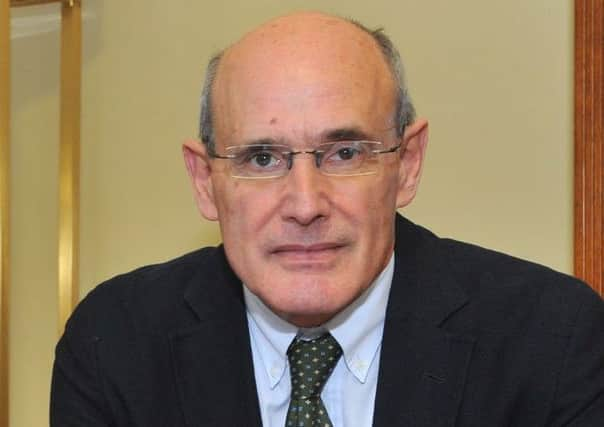NI facing possibility of year-round crisis conditions in NHS: Bengoa


Professor Rafael Bengoa led a review in 2016 and urged transformation of the NHS into a modern and sustainable system.
The collapse of power-sharing at Stormont has affected decision-making across the public service, although a series of measures have been announced involving extra health spending.
Advertisement
Hide AdAdvertisement
Hide AdProfessor Bengoa is in Belfast today to deliver a lecture at Queen’s University and will say: “If we don’t transform, every month will eventually start to look like January and February.
“That will not be because of the flu, but because of chronic diseases that affect older people all year round.
“Within a relatively short time, the health system will enter into crisis due to this natural demand.”
In an October 2016 report – widely known as the Bengoa Report – Professor Bengoa set out a radical blueprint for transformation.
Advertisement
Hide AdAdvertisement
Hide AdThe former Basque health minister said the system could not keep relying on hard-pressed staff to keep shoring provision up.
“They need to see that there is a willingness and determination to change, that there is hope for the future.”
In 2016, based on Professor Bengoa’s recommendations, former health minister Michelle O’Neill outlined a 10-year plan for improvement.
It included tackling waiting lists and boosting GP practices.
Advertisement
Hide AdAdvertisement
Hide AdMillions of pounds have since been allocated for addressing waiting lists.
Professor Bengoa added: “Inevitably, demand will continue to increase sharply as people live longer lives.
“At present, too many services are based around buildings rather than being centred on what people and communities need.
“Much more care needs to be delivered in primary care settings, close to or in people’s homes. That’s the essence of transformation.”